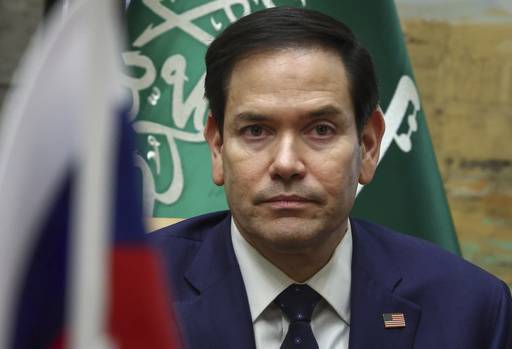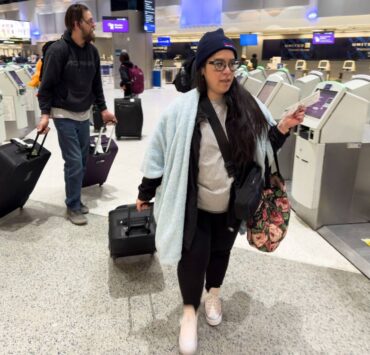US exempts security funds from aid freeze

WASHINGTON—The Trump administration released $5.3 billion in previously frozen foreign aid, mostly for security and counternarcotics programs, according to a list of exemptions reviewed by Reuters that included only limited humanitarian relief.
President Donald Trump ordered a 90-day pause on foreign aid shortly after taking office on Jan. 20, halting funding for everything from programs that fight starvation and deadly diseases to providing shelters for millions of displaced people across the globe.
The freeze sparked a scramble by US officials and humanitarian organizations for exemptions to keep programs going.
Secretary of State Marco Rubio, who has said all foreign assistance must align with Trump’s “America First” priorities, issued waivers in late January on military aid to Israel and Egypt, the top US allies in the Middle East, and for life-saving humanitarian aid, including food. The waivers meant those funds should have been allowed to be spent.
Current and former US officials and aid organizations, however, say few humanitarian aid waivers have been approved.
Halt flow of illicit narcotics
Reuters obtained a list of 243 further exceptions approved as of Feb. 13 totaling $5.3 billion.
The list provides the most comprehensive accounting of exempted funds since Trump ordered the aid freeze and reflects the White House’s desire to cut aid for programs it doesn’t consider vital to US national security.
The list identifies programs that will be funded and the US government office managing them.
The vast majority of released funds—more than $4.1 billion—were for programs administered by the US State Department’s Bureau of Political-Military affairs, which oversees arms sales and military assistance to other countries and groups.
Other exemptions were in line with Trump’s immigration crackdown and efforts to halt the flow of illicit narcotics into the United States, including the deadly opioid fentanyl.
Biometric information
More than half of the programs that will be allowed to go forward are run by the State Department’s Bureau of International Narcotics and Law Enforcement Affairs, or INL, and are aimed at helping fight drug trafficking and illicit migration to the United States, according to the list.
Those exemptions were worth $293 million and included funds for databases to track migrants, identify possible terrorists and share biometric information.
Reuters, the news and media division of Thomson Reuters, is the world’s largest multimedia news provider, reaching billions of people worldwide every day. Reuters provides business, financial, national and international news to professionals via desktop terminals, the world's media organizations, industry events and directly to consumers.

















